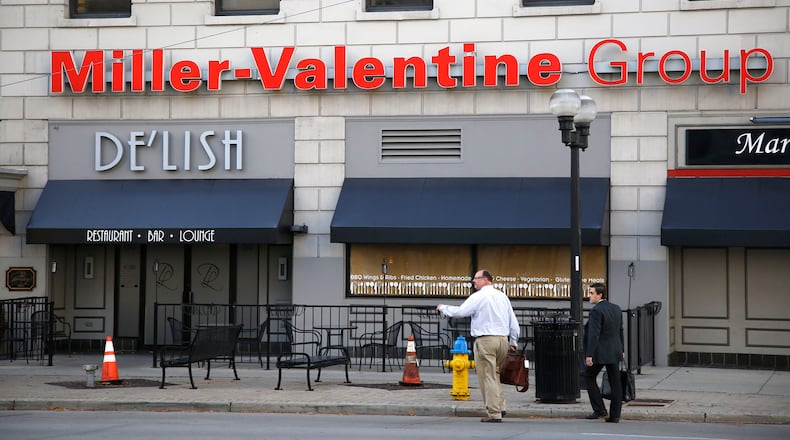Of the properties related to the settlement, three are in Oxford, one is in Middletown and one is in Lebanon.
When the case was first announced May 2019, then-U.S. Attorney Benjamin Glassman told the Journal-News that the investigation took “years” and that such a wide-ranging case with this many properties across several states is “not common.”
“Today’s settlement, if approved by the court, will achieve two major goals,” David DeVillers, U.S. Attorney for the Southern District of Ohio, said in a statement announcing the settlement. “It will correct actions taken in the past that limited access to housing for people with disabilities and at the same time put steps in place to prevent this from happening in the future.”
Elizabeth Mangan, partner and CEO at Miller-Valentine Construction, provided a statement from the company saying they have always have been committed “to partnering with reputable architects, engineers and other project partners” on multifamily projects that comply with applicable laws and building codes.
“Miller-Valentine Construction has and always will support fair and accessible housing for all residents of the multifamily communities we build,” the company stated. “The Department of Justice lawsuit focused primarily on multifamily projects completed prior to 2012. While we deny the allegations contained in the lawsuit, the new ownership of Miller-Valentine Construction chose to settle any potential exposure and to focus on the future. Bringing an end to the litigation enables us to move forward and continue to provide the best in class service our customers deserve.”
The lawsuit was filed against Miller-Valentine Operations Inc. and its affiliated companies in regards to complexes built in Ohio, Illinois, Indiana, Iowa, Kansas, Kentucky, Missouri, North Carolina, Oklahoma, Pennsylvania, Tennessee, Texas and West Virginia. Most of the Miller-Valentine properties were funded with the help of Low-Income Housing Tax Credits.
According to the DOJ, the ADA violations were at 26 apartment communities in the region, and overall there were 82 properties in 13 states that have “numerous, egregious accessibility barriers.”
Current or past apartment residents from the last five years will get notices in the mail and there will be notices in the newspaper letting them know they have 12 months to contact the DOJ about getting compensated for damages from the $400,000 fund.
The lawsuit alleges a variety of accessibility problems at the properties, including steps at building entrances, inaccessible parking, inaccessible bathrooms and kitchens, and insufficient maneuvering space at unit entrances and common use areas.
The terms include requiring Miller-Valentine and its associates to take corrective actions to make the complexes accessible by people with disabilities, including reducing sloped portions of sidewalks, installing sloped curb ramps and walkways, providing room for wheelchair users in bathrooms and kitchens and removing accessibility barriers in common-use areas.
“Nearly three decades after these federal laws required new multi-family housing to be built with accessible features for persons with disabilities, there is simply no excuse for these properties’ failure to comply,” said Assistant Attorney General Eric Dreiband of the Civil Rights Division.
Miller-Valentine will be required to receive training about the Fair Housing Act and Americans with Disabilities Act, to take steps that future complexes are built in compliance to those laws and to give the DOJ periodic reports.
After property surveys to see what needs retrofitted, Miller-Valentine will have 24 months to retrofit any inaccessible routes on the property and 36 months to finish any needed changes on the inside of the apartments, according to the consent agreement. Apartment residents can request the remodels be expedited, can get payments if they need to temporary relocate during any renovations or the unit can be upgraded when the tenant moves out and the apartment turns over.
Local apartments in DOJ lawsuit
Deerfield Crossing, Lebanon
Aspen Grove Apartments, Middletown
Indian Trace I, Oxford
Indian Trace II, Oxford
Lofts at One West High Street, Oxford
